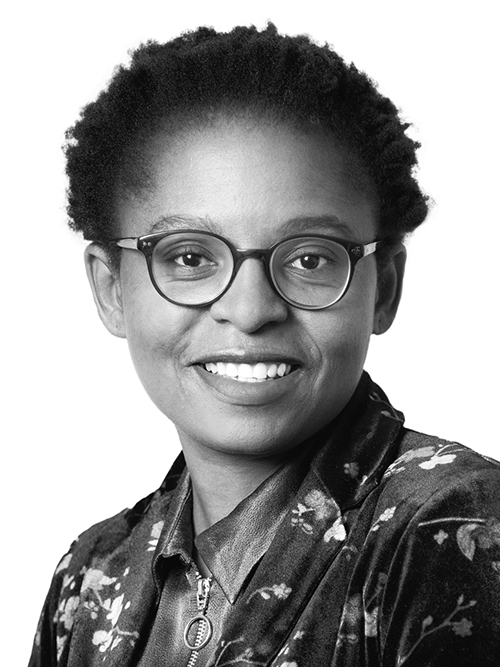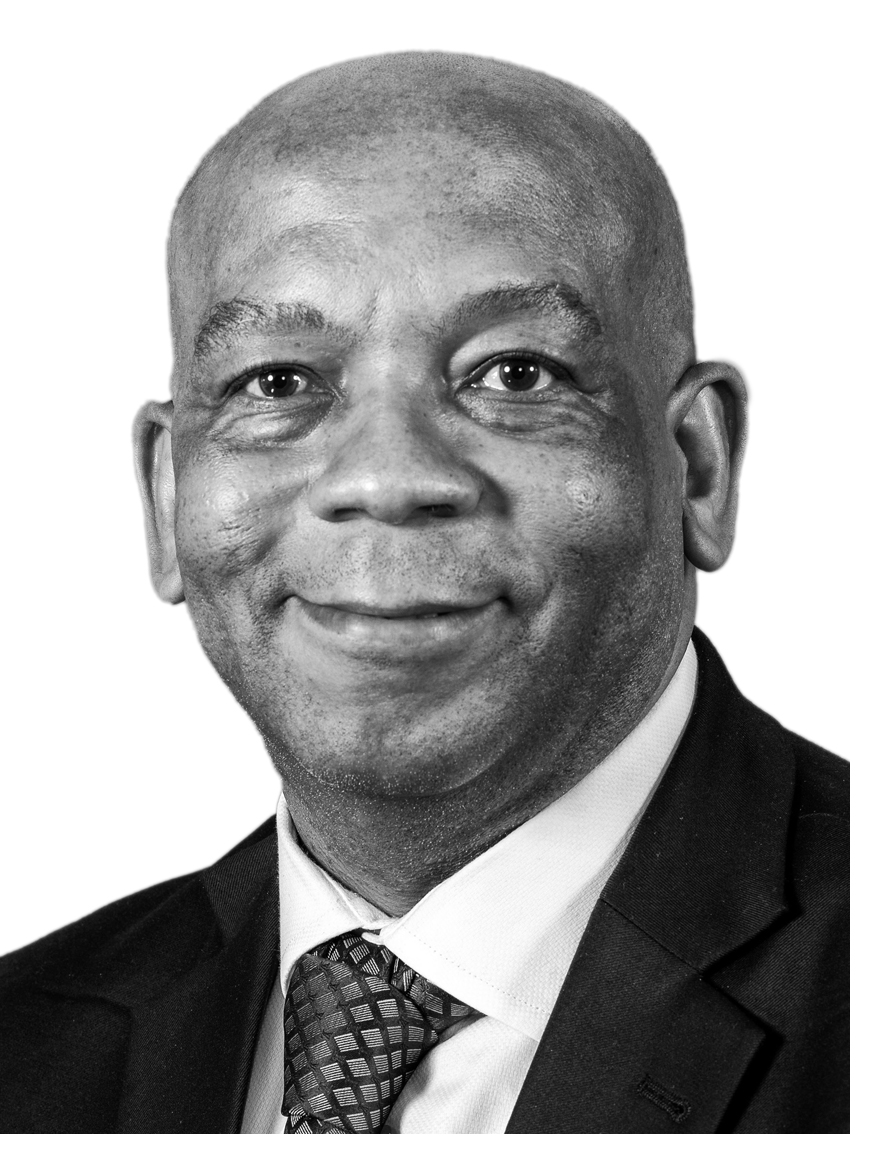Tomorrow, 05 December 2023, the Minister in the Presidency Khumbudzo Ntshaveni will unveil state-of-the-art broadcast studios at Mmabatho FM and Mahikeng FM in the North-West province.
The unveiling of the brand-new broadcast studios promotes the growth and sustainability of community and small commercial media across the country.
The Deputy Minister in the Presidency, Ms Nomasonto Motaung, Members of the Executive Council and MDDA Board Chairperson Professor Hlengani Mathebula will also be part of the unveiling ceremony.
Media is invited to the unveiling of the broadcast studios is scheduled as follows:
1. Mmabatho FM 107.7
Date: Tuesday, 05 December 2023
Time: 08h00-12h00
Venue: Nelson Mandela Dr, Mafikeng Industrial, Mahikeng, 2735
2. Mahikeng FM 96.7
Date: Tuesday, 05 December 2023
Time: 12h30
Venue: Suite 3-5 Galleria Arcade, 13 Martin Street, Golf View, Mahikeng
For more information and/or media queries:
Margaret Ndawonde
Tel: 082 785 6071
Email: margaret@mdda.org.za
MDDA Communications Unit
Sipho Mbele
Spokesperson: Minister in The Presidency
Tel: 083 625 3446
Bongo Nazo
Head: Deputy Minister in The Presidency
Tel: 082 185 6888
Facebook: MDDA
Twitter: @MDDA_Media
Instagram: @MDDA_Media
WhatsApp:063 509 4934
Issued by: The Presidency and the Media Development and Diversity Agency






